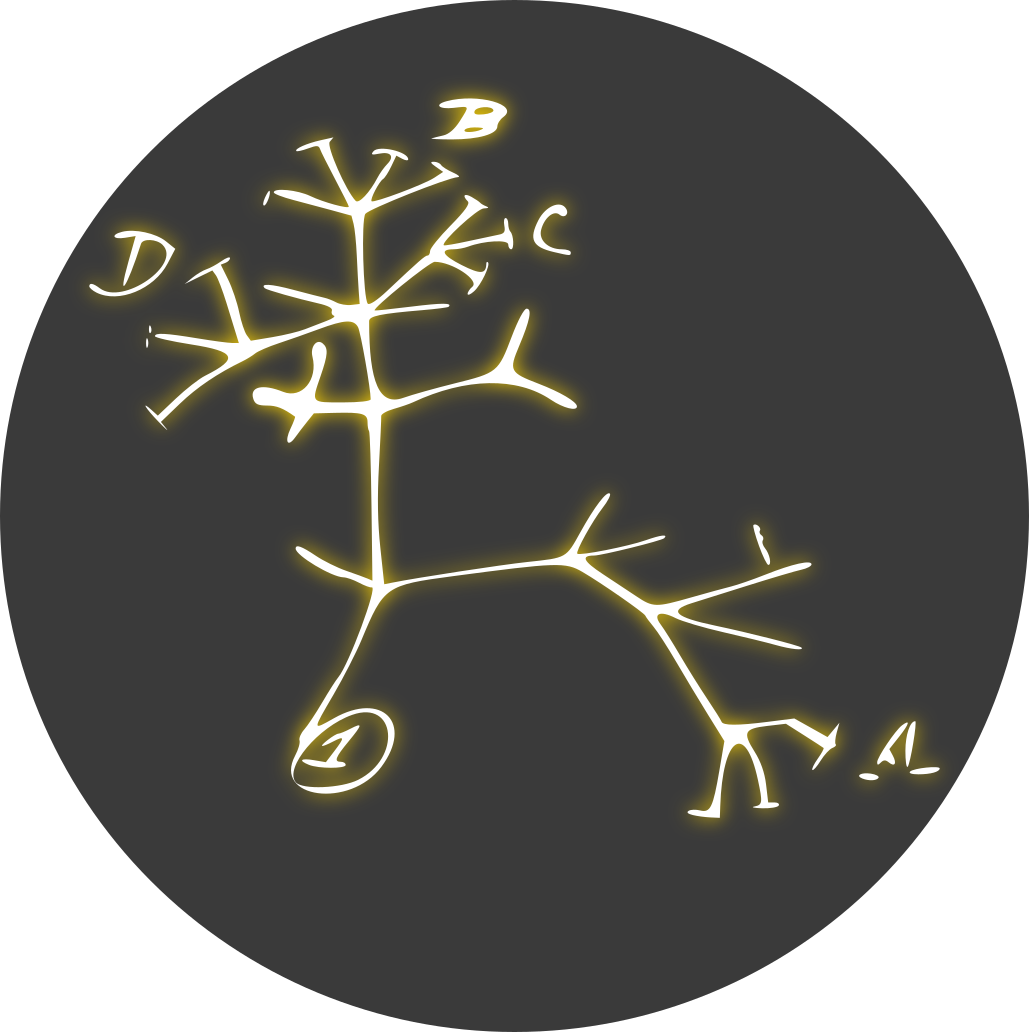

Hah, I’d expect “ordinary” and “normal” here to mean “ordinary / normal senses for a human”, not for the hypothetical telepathy user. That wouldn’t be a very useful usage of these words, so I doubt that’s what was meant here. There is always a reference point for someone saying something is “normal” or “ordinary”, and that reference point, for a human dictionary, would be a human with human senses.
When I say that a shark has an extraordinary set of teeth, I obviously mean from a human point of view, and not claiming that it’s not normal from the shark’s point of view. And when I, or a dictionary, say that telepathy doesn’t use usual senses, similarly the meaning is that they would be unusual for a human, and personally I would find a species having a sense for radio waves, to be unusual.
It would be silly to call these things telepathy because by themselves they don’t facilitate a way to communicate thoughts between two minds. Even in the case of radio waves, a sense of radio waves wouldn’t be telepathy by itself, unless there is also a mechanism of generating these radio waves, and unless these two mechanisms are used to communicate ideas between users, just like the sense of hearing is just one part of spoken communication.
If a species had an organ that could generate light outside the visible spectrum to accompany their superior eyes, and they were using it to talk, then yes “telepathic” would a sensible word to describe that. But that special organ, and the mental processing, would be the important parts, not the better eyes.
Well, I didn’t write the definitions. :)